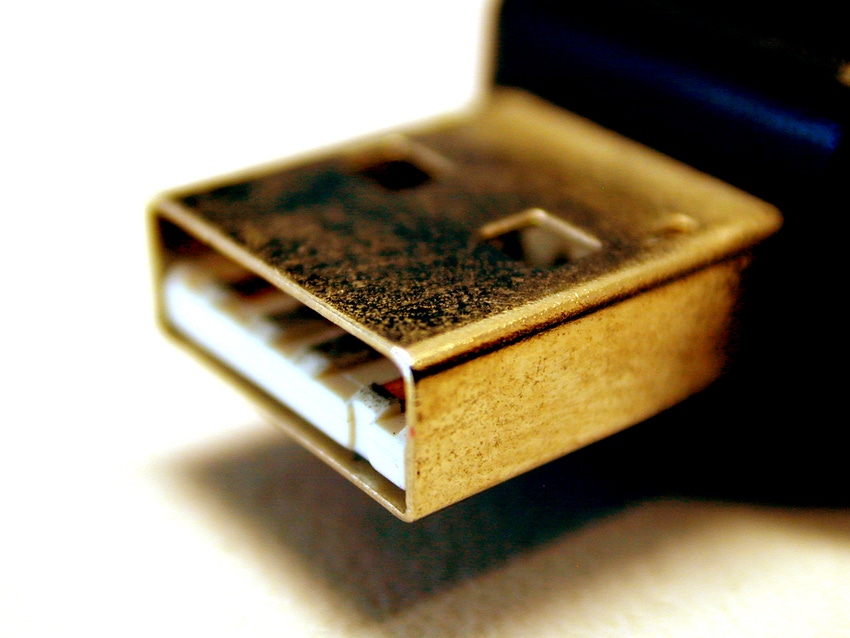Despite being given permission from UK regulator Ofcom to launch LTE services from September 2012, Everything Everywhere will not be in a position to offer 4G-enabled handsets for some time due to a lack of availability. The operator – formed by the merger of T-Mobile and Orange in the UK – is instead more likely to follow the route of early LTE adopter operators and initially launch its service via USB dongles.
August 22, 2012

Despite being given permission from UK regulator Ofcom to launch LTE services from September 2012, Everything Everywhere will not be in a position to offer 4G-enabled handsets for some time due to a lack of availability. The operator – formed by the merger of T-Mobile and Orange in the UK – is instead more likely to follow the route of early LTE adopter operators and initially launch its service via USB dongles.
Kester Mann, senior analyst – operators at CCS Insight, said that he believes it is unlikely that smartphones capable of offering LTE for the 1800MHz spectrum, for which EE has been given clearance to use for LTE, will be available in 2012. He added that this includes the next iPhone, which is expected to be launched in 4Q12, the same time frame as EE’s 4G network.
“We think compatible smartphones are more likely to follow in 2013. As such, we expect EE to offer USB dongles instead, and obviously that significantly reduces the potential target market,” said Mann.
“Perhaps it makes it more attractive to business users rather than consumers, and to that end, it raises the question as to how beneficial to the UK market and LTE development that the green light from Ofcom actually is.”
The development follows a trend familiar to most operators that have launched LTE. The first devices available in the US and Scandinavia were dongles, and in April, Indian operator Bharti Airtel launched the first LTE service in the country via USB dongles, also due to a lack of compatible handsets available on the market.
About the Author(s)
You May Also Like








.png?width=300&auto=webp&quality=80&disable=upscale)


_1.jpg?width=300&auto=webp&quality=80&disable=upscale)


.png?width=800&auto=webp&quality=80&disable=upscale)